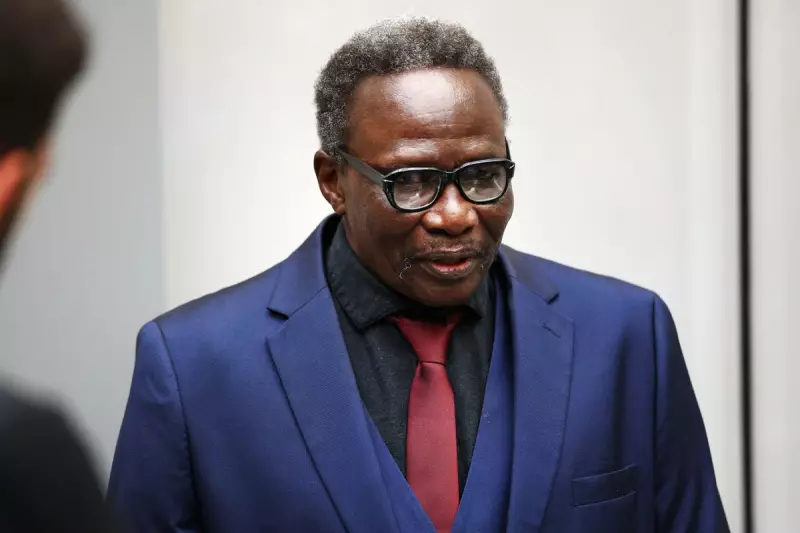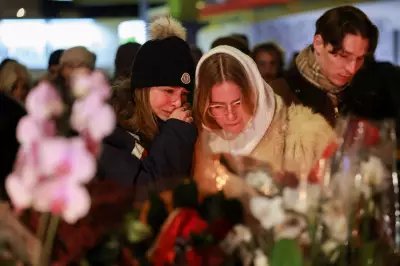
In a landmark case that has captured global attention, a senior commander of the notorious Janjaweed militia is facing justice at the International Criminal Court in The Hague. Ali Muhammad Ali Abdalrahman, widely known by his alias 'Ali Kushayb,' stands accused of perpetrating some of the most brutal war crimes during the devastating Darfur conflict that claimed hundreds of thousands of lives.
The Charges: A Catalogue of Atrocities
The 72-year-old defendant faces 31 counts of war crimes and crimes against humanity, representing one of the most significant cases brought before the ICC concerning the Darfur conflict. The charges paint a harrowing picture of systematic violence against civilian populations.
The allegations include:
- Mass killings of unarmed villagers
- Persecution based on ethnic grounds
- Torture and cruel treatment of civilians
- Destruction of property and means of survival
- Forced displacement of entire communities
A Long Road to Justice
Abdalrahman's journey to the courtroom has been decades in the making. Initially surrendering to authorities in 2020, his trial represents a crucial moment for international justice and accountability. Prosecutors allege he commanded thousands of Janjaweed fighters - Arab militiamen accused of widespread atrocities against ethnic African communities in Darfur.
The conflict, which erupted in 2003 when rebel groups took up arms against the Sudanese government, descended into one of Africa's bloodiest humanitarian crises. International observers estimate between 300,000 and 400,000 people lost their lives, while millions were displaced from their homes.
Victims Await Accountability
For survivors of the Darfur conflict, the trial represents a long-awaited opportunity for justice. Many have waited nearly twenty years to see senior figures held accountable for the systematic violence that tore their communities apart.
"This case sends a powerful message that those accused of the gravest crimes under international law cannot escape justice forever," noted a human rights observer familiar with the proceedings.
The trial continues as the ICC prosecutor presents evidence detailing specific attacks on villages between 2003 and 2004, where entire communities were allegedly targeted in coordinated assaults.





